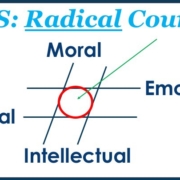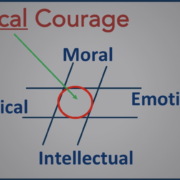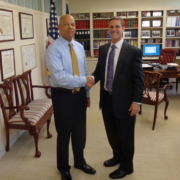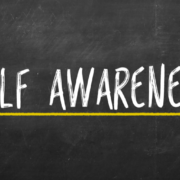3 Steps to Take Instead of Complaining about Gen Z’s Fragile Mental Health.
Do you have Gen Z employees (most of your twenty-somethings) whose mental health is fragile?
They want feedback but only the positive kind; they’re frequently taking mental health sick days and have difficulty recovering from setbacks. The result is lower productivity, increased workplace drama, and more stress for everyone else.
I hear leaders complaining about Gen Z’s poor resilience and work ethic. You might be correct, but that’s irrelevant.
Here’s the deal: if you cannot inspire your Gen Z employees to contribute their best to your company’s success, the fault is in the mirror.
You can have the best processes and plans in the world, but if you cannot gain the buy-in of the people in front of you, then all you have are interesting theories and ideas that don’t work.
When I worked with the Cleveland Browns a few years ago, the tight ends coach told me he coached at Army in the 1980s under legendary coach Jim Young. I was a cadet then and remembered we were 2-9 my freshman year. It was ugly.
The coach said after the season that Young got them together and said, “This was our fault.” They brought their winning system from the University of Arizona to West Point and expected it to work fine there, too.
Army could not field quarterbacks with cannons for their arms, grow 300+lb linemen who could hold blocks, or receivers who could outrun opposing cornerbacks.
It was a great system at Arizona but an epic fail at West Point.
Instead of complaining about the talent they didn’t have, Young and his staff examined the talent in front of them. They were smaller than their opponents but quick, agile, disciplined, and made good decisions.
The best offense for Army’s talent was the so-called wishbone. It amplified their strengths and masked their limitations. Army went 8-3-1 the following year, tying Tennessee in Knoxville and winning a bowl game.
Your Gen Z employees grew up with the toxic effects of social media, online bullying, and snowplow parenting (where parents violently blast away any obstacles in their children’s lives so they never encounter any difficulties). Mental health challenges among teens skyrocketed after 2012.
You handle social media and online bullying okay because you’ve built life experience and resilience beforehand. Many in Gen Z never had that opportunity.
It’s not their fault.
If you cannot adapt your practices to the talent in front of you, it’s your fault, not theirs.
Here are some things you can do:
- Feeding Forward. Most employees get defensive when you rake them over the coals for mistakes. Many Gen Zs shut down. Instead of harping on past mistakes, focus on improving future performance. Ask these questions:
- What went well that you want to sustain? (This discussion focuses on the behaviors you want them to repeat in the future).
- In what ways did you improve over the last time? (This discussion helps them visualize their improvement, so they keep doing it.)
- What would you like to improve for next time? (This discussion gets them to focus on how to improve instead of what they did wrong).
- What does ideal support from me look like? (This question elicits a specific response and lets them know you want to support them).
- Weekly 1-1 check-ins. Spend 15 minutes one-on-one with each direct report, setting them up for success. Hit reply if you’d like a copy of the format I recommend.
- 90-day Updates. Spend an hour once per quarter with each direct report, discussing how they’ve improved and want to improve over the next 90 days. It’s also an opportunity to update their Employee Value Proposition (EVP). Yes, I have a format for this one, too, that I’m happy to share.
These three simple practices will help your Gen Z (and other employees) contribute their best while reducing sick days and workplace anxiety.
For a copy of my resources or for more discussion on leading your Gen Z employees, send me an email or schedule a call.










